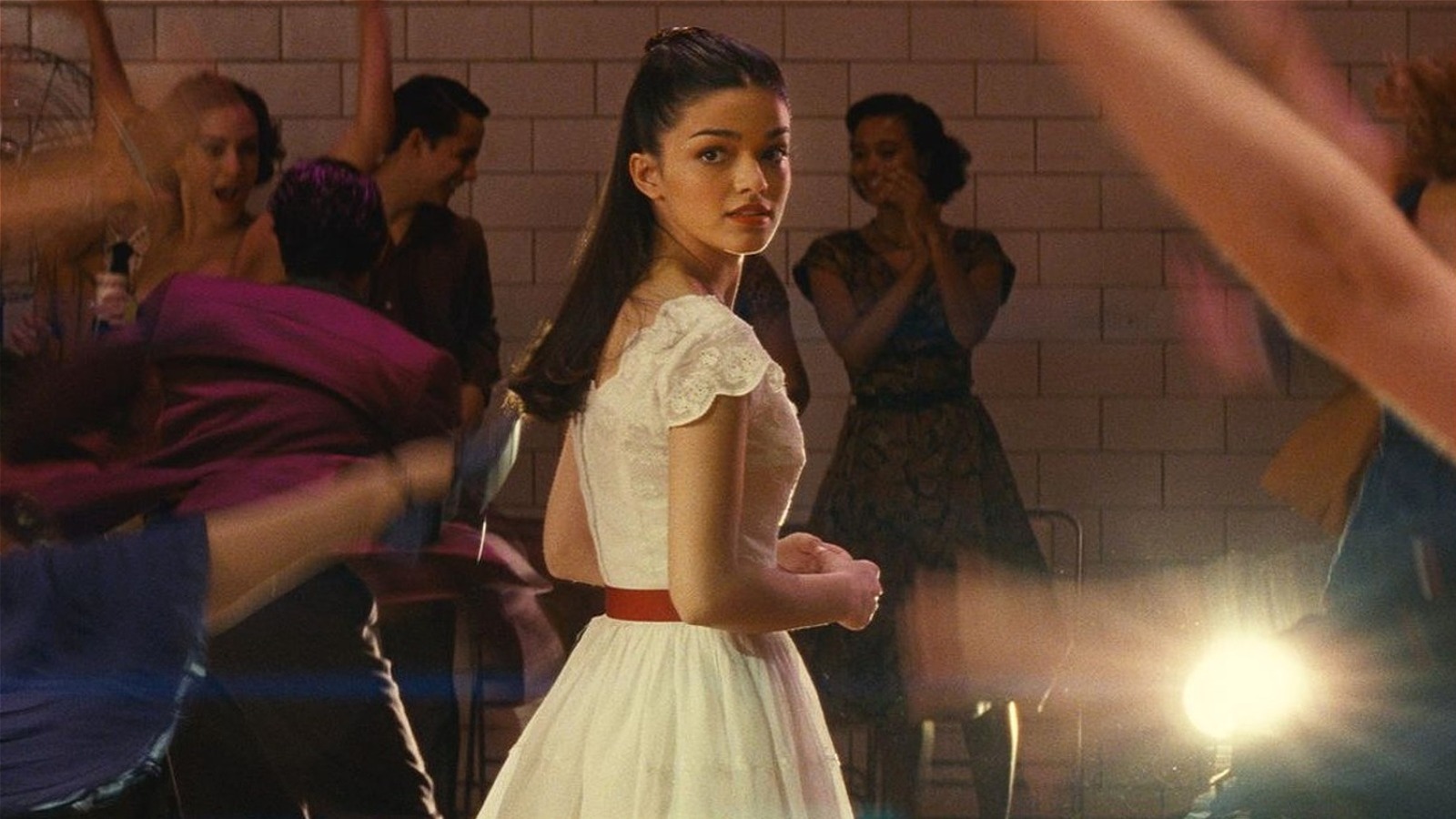In a fascinating and funny article in the April 2009 issue of Boston Magazine, Amy Traverso makes a winking, half-ironic case for reconsidering the reputation of Todd English, Boston's most famous and successful celebrity chef. English is now derided by many locals for reasons Traverso aptly captures: “The English brand has come to eclipse English the chef… These days the high priests of the food bloggerati, in particular, seem to take special pleasure in framing him as the epitome of a sellout celebrity chef. ‘Yeah, Chowhound has beat me up a lot,’ English says. ‘I don't even read it anymore. It probably took me a couple of bad articles to realize that maybe I was misunderstood.’"
Mea culpa: I’m one of those Chowhound.com contributors who excoriates Olives Boston as a pale facsimile of the days when English actually cooked there, and thinks other English outlets like Bonfire are pretty terrible, too. I recently wrote a piece in Stuff Magazine in which I revisited Olives and other former It Places to see if they still deserve the crowds they get. I was relatively kind to Olives, not mentioning the sight of men’s-room partitions falling off the walls, nor how the giant bucket of deep-fried onion strings called to mind The Cheesecake Factory, nor that the tagliatelli Bolognese was the worst fine-dining pasta dish I’d tasted in years: an ugly, gloppy mess grossly overseasoned with cinnamon, frankly disgusting.
But why would English care what Bostonians think at this point, anyway? He’s a multi-millionaire, a national celebrity. As Traverso documents, he has 21 restaurants (including an L.A. joint venture with Eva Longoria), a deal for more restaurants in Thompson hotels, Top Chef appearances, his own TV show Food Trip, and so on and on. English could just say, “Please. My job hasn’t been about being a chef for years. My role is to promote Todd English, The Brand. Expecting the original Olives to maintain its old quality is naïve. Don’t hate the player; hate the game.” That kind of candor and self-awareness would be refreshing, wouldn't it? No such luck -- English actually wishes the masses could appreciate his ambition as something noble. Says English, "Go to Dallas, go to Tampa. I go to Tampa once a month because of my Home Shopping Network gig [where he flogs his own line of cookware]… and it's chain city. I don't eat for three days." Can't you feel his pain? You see, he just wants to help people in culinarily-benighted towns across America.
Look, we all tend to rationalize the compromises we make in life. But I get a little incensed when English's rationalizations extend to why he couldn’t settle for being a one-restaurant, one-town kind of guy: “‘I watched the stars [at NYC's bygone French restaurant La Côte Basque] fade away and the ambition fade away. I learned from a ton of really burned-out chefs at the Culinary Institute. That's what this business will do.’" (Aha: so it wasn't about chasing rock stardom, but running away from burnout.) Traverso continues: “English never wanted to end up in a precious little bistro, recalling his glory days while plating his millionth serving of steak frites.”
To me, this fish story is not only lame, but belittles the dedication and staying power of many talented Boston chef/owners who have chosen to helm a single restaurant precisely because it's so hard to scale up those qualities that make their cooking unique and wonderful. I’m guessing Gordon Hamersley hasn't done a casino or cruise-ship restaurant because he recognizes that if he’s not at the stove, it’s not really his cooking -- and he's too proud to collect a check just for stickering his name over some lieutenant's work. Bostonians know the real deal when they taste it, too, which is why Hamersley’s Bistro landed in the Top 10 of Boston Magazine’s recent ranking of Boston's 50 best restaurants and Olives didn’t even crack the list. That’s a long tumble down for a place that many critics and consumers, myself included, once called the best restaurant in the city.
So when English expresses chagrin at not feeling the hometown love, I have scant sympathy, though I'm kinder than my friends who speak with the bitterness of the jilted: “We loyal fans put Todd on the map, and he never shows up anymore. We're like the first wife who slaved to put her husband through medical school, then got dumped for a young hottie with big fake boobs the minute he finished his residency.” While you can't blame those folks for burning their old snapshots, I think their attitude unfairly discounts English’s net-positive influence here, like his mentoring of some bright young chefs. But it partly explains why many of us who fondly recall Olives' heyday just shake our heads when English cavils about being misunderstood. We understand his real motivations perfectly, and we don't fault him for grabbing the brass ring. But the bottom line for Bostonians is that a chain -- no matter how gifted the man at the top, nor how skillfully and glamorously he markets it -- is still a chain. Maybe you can fool your new fans, but it's tougher to put one over on the old ones.
The Quest to Recreate My Family’s Century-Old Secret Spice Blend
-
How hard could it be? Very, with multiple recipes, far-flung relatives to
please and more than a year’s worth of work.
1 hour ago



